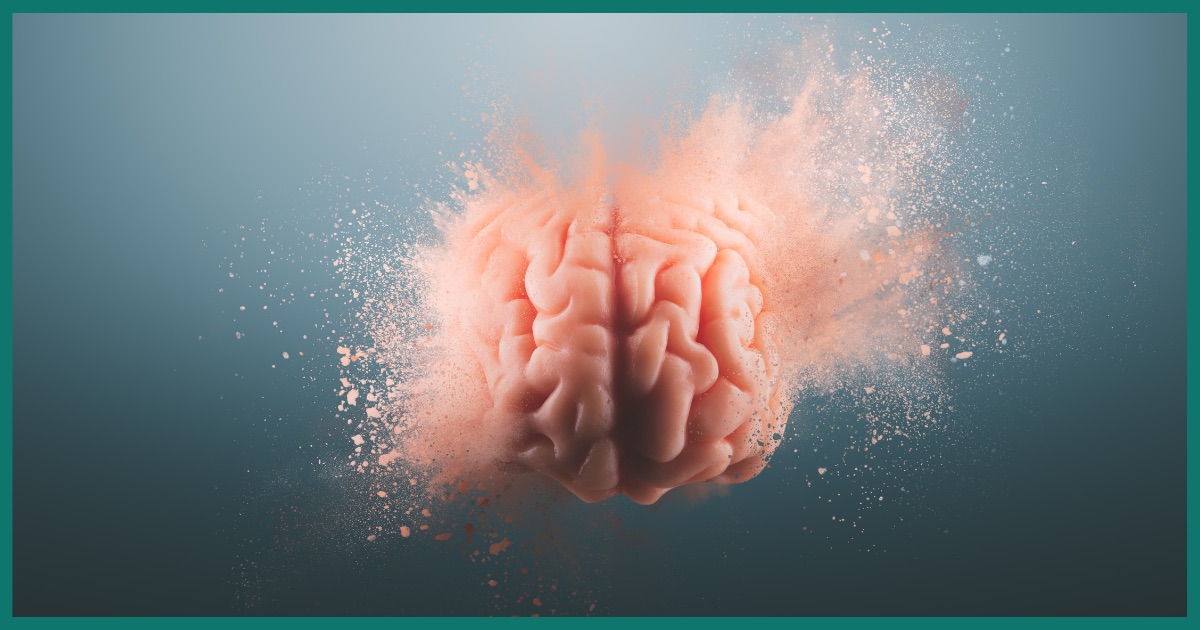The Drinker's Brain: Does It Heal After You Quit?
By Sophie Solmini
Founder, ICADC, MATS, NCRC

Clinical Context: This article is reviewed by a Certified Alcohol and Drug Counsellor. It provides educational information and is not a substitute for professional medical advice.
Have you ever felt like your thinking is just... slower than it used to be? Maybe you struggle to find the right word, forget why you walked into a room, or just live with a persistent mental 'fog' that never seems to lift, especially in the morning.
For many people who drink regularly, these experiences are common. And they often lead to a quiet, nagging fear: “Am I damaging my brain? Is this permanent?” It’s a terrifying thought, and one that can be difficult to face.
Let’s talk about it honestly. The answer is a powerful and hopeful one. While chronic heavy drinking does have a significant impact on the brain, the most important thing to know is that the brain has a remarkable, almost magical, ability to heal itself. At Heal@Home, we believe that understanding this process of damage and recovery is a huge motivator for change. This guide will explain what happens to your brain when you drink, and the amazing healing that begins when you stop.
What Alcohol Actually Does to Your Brain
When we talk about alcohol's effect on the brain, it's more than just the short-term impairment. Chronic use leads to real, physical changes.
- It Disrupts Neurotransmitters: As we've discussed before, alcohol throws your brain's delicate chemical balance out of whack. It artificially boosts your brain's 'brake pedal' (GABA) and suppresses the 'accelerator' (glutamate). Your brain adapts to this new normal, which is why you experience a jarring 'rebound' of anxiety when the alcohol wears off.
- It Can Shrink Brain Tissue: Studies using MRI scans have shown that long-term heavy drinking is associated with a reduction in brain volume, particularly in the frontal lobes (for decision-making) and the cerebellum (for coordination).
- It Impairs Communication Pathways: Alcohol can damage the white matter in your brain, which is like the communication wiring that connects different brain regions. This can lead to slower cognitive processing and difficulty with complex tasks.
The Hidden Damage from Poor Sleep
One of the most insidious ways alcohol damages the brain is by sabotaging your sleep. While it might make you feel drowsy, the sleep you get is not restorative. Alcohol suppresses crucial REM sleep, which is when your brain consolidates memories and processes emotions. It also leads to a 'rebound' effect a few hours later, causing you to wake up. This chronic lack of quality sleep prevents your brain from performing its nightly cleanup and repair, leading directly to the feelings of brain fog, poor memory, and emotional instability the next day.
The Good News: Your Brain is Built to Heal (Neuroplasticity)
This is the most important part of the story. Your brain is not a static, unchangeable organ. It is constantly adapting, rewiring, and healing itself through a process called neuroplasticity. When you remove alcohol, you give your brain the chance to start this incredible repair process.
What Healing Looks Like: Within weeks and months of reducing or quitting alcohol, many people report significant improvements. The brain fog starts to lift. Your memory gets sharper. Your ability to concentrate returns, and your moods begin to stabilize. Studies have shown that the brain can even begin to regain some of its lost volume over time as new neural connections are formed. It's a gradual return to feeling like 'yourself' again.
It Takes Time: This healing isn't instantaneous. It took time for the brain to adapt to alcohol, and it will take time for it to adapt to its absence. Patience and self-compassion are key during this phase.
The Crucial First Step: Creating the Conditions for Healing
Your brain cannot begin to heal if it is constantly being re-injured. This means that reducing or stopping your alcohol intake is the single most important and non-negotiable step in this process. But for many, this is the hardest part due to powerful, biological cravings.
This is where a modern, medical approach provides the essential foundation for recovery. At Heal@Home, we use evidence-based tools like Medication-Assisted Treatment (MAT). A medication like naltrexone, used in The Sinclair Method, works by reducing the craving for alcohol. Think of it as creating a 'ceasefire' in the battle with cravings. This ceasefire stops the ongoing damage and creates the stable, calm conditions your brain needs to begin its vital repair work. It’s the tool that makes the long-term project of healing possible.
Practical Ways to Support Your Healing Brain
While reducing alcohol is the main driver of recovery, you can actively support your brain's healing journey with healthy habits.
- Feed Your Brain: Your brain needs the right nutrients to rebuild. Focus on a diet rich in B vitamins (especially thiamine), omega-3 fatty acids (found in fish and walnuts), and antioxidants (found in fruits and vegetables).
- Move Your Body: Regular, moderate exercise is one of the most powerful things you can do for your brain. It increases blood flow, reduces inflammation, and can even stimulate the growth of new brain cells.
- Prioritize Sleep: Deep, restorative sleep is when your brain does most of its cleanup and repair work. Protecting your sleep is essential. For more detailed information on healthy sleep, the Canadian Sleep Society is an excellent resource.
You Can Reclaim Your Mind
That foggy, slow feeling you’re experiencing is likely not a permanent state. It is a symptom, and when you address the cause, your brain can and will begin to heal. If you're in Canada and ready to stop the damage and start the healing, contact Heal@Home for a confidential chat about our programs. Call us at 647-545-6751 or visit us online today.
Interested in our Program?
Our team provides a private, 12-week protocol designed to help you regain control from home.
Speak with our Team